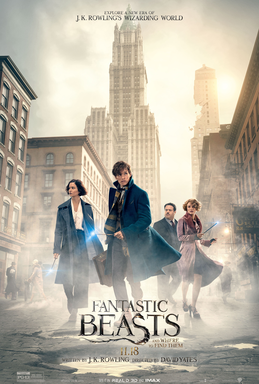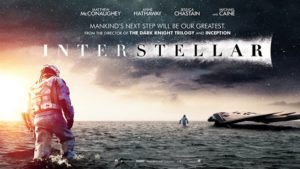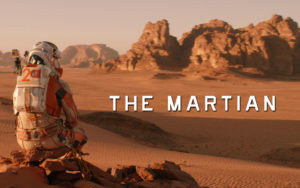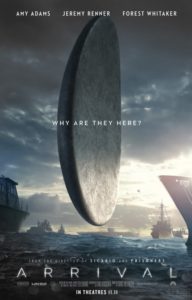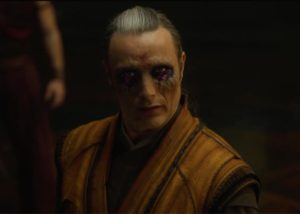I’ll admit that what I am gripping about here is mostly in the areas of film and television, thought the prose area is sparse just not as bare as the visual media.
There used to be a time when SF movies and shows were about professional explorers. Perhaps the best known and best overall example of this is the classic television series Star Trek. Every episode opened with a prolog telling you in no uncertain terms that this show was about explorers and their now famous five year mission.
But before Star Trek this was a well plowed field, most movies about going to the moon were about the competent professional crew, and the dangers they face. Forbidden Planet, for all of its lifting of themes and ideas from the Bard’s The Tempest, abandoned the concept of the shipwrecked visitors for the intelligent and hyper-competitive crew of the United Planets Cruiser C-75-D. (And yes Joss I spotted that reference in your film Serenity.)
I will admit that the idea of the explorers over time and misuse got beaten into a trope. A trope that met its end when in the wake of Star Wars 20th Century Fox release Alien.
The blue-collar truck drivers of space took their big rig Nostromo and turned the profession explorers into road-kill. Yeah I get the trope had been way over used, but now we have turned too far away from what is a very useful and interesting sub-genre of science-fiction.
I think cynicism is one of the reasons why this style of story has fallen out of favor. To have a serious story, without eye rolling irony, about professional explorers you need to accept that people, human people, can be intelligent ad ethical while exploring ad that is a thing few people are willing to admit that they can believe in. It is easier and cooler to play the cynic to substitute that cynicism for wisdom and optimism.
As a culture and as a language we elevate the cynic, the very term sounds of gravitas but we have no comparable word to act as its antonym.
I really hope that the new Trek series gets back to exploration, but that universe is so mapped that my hope is a fool’s hope.
Still, I hold on to my hope and refuse to give in.


